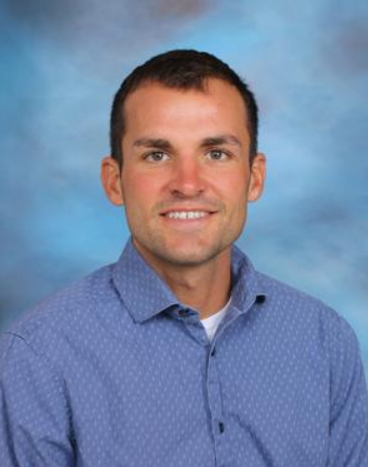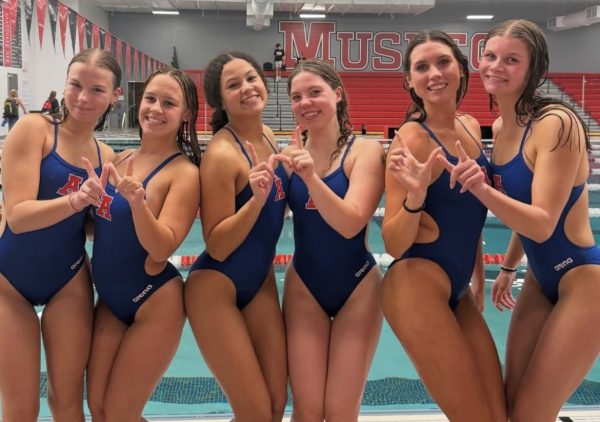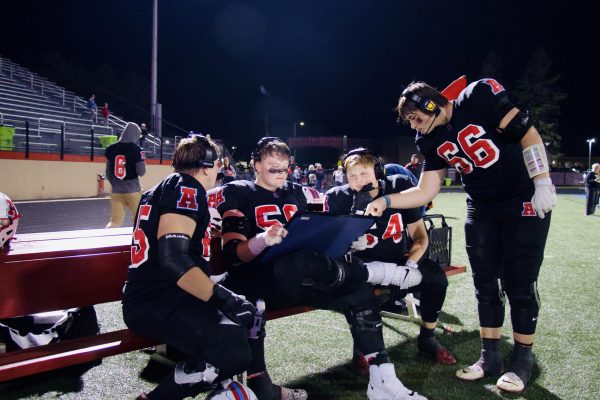Composition and Advanced Composition Classes Write For a Purpose
Composition and Advanced Composition are part of Arrowhead’s English class course selection at North campus. This semester, Composition and Advanced Composition are taught by teachers Terri Carnell and Rebecca McCann at the school’s North Campus.
Students must have a necessary requirement of eight credits of English to graduate. Composition and Advanced Composition are both one credit each and a semester long.
“Students learn to write for themselves in both classes. We focus on finding topics they care about (and some they don’t) and being able to create pieces they are passionate about (finding passions they didn’t even know existed),” says Carnell, who teaches advanced and regular composition in room N203.
In order to enroll in either class, there are prerequisite classes. These classes are English 9 and English 10, taught at South Campus. Once a student has taken both, they’re allowed to take Composition.
Advanced Composition follows the completion of regular Composition. Students can take both classes, or just regular Composition, in their junior and/or senior year. However, they can only move to Advanced Composition if they earn a C or higher in Composition.
“Writing requires an authentic purpose to give the piece meaning for both the reader and the writer,” says Carnell.
This means Carnell’s students write and submit pieces to magazines, journals, writing competitions, and websites.
“I take it more seriously because I get to write about real topics and experiences. So my writing feels more personal and relatable to others,” Jordyn Hefter says, a junior at Arrowhead’s North Campus.
In Composition and Advanced Composition, students complete multiple assignments that consist of different techniques, stylistic devices, and more. So far, this semester they’ve completed a 100 word memoir, a personalized name essay, and are currently working on personal narratives.
“So far we haven’t done many topics in comp, but I liked the My Name Essay because it was fun to talk about why I do and don’t like my name. I am not a fan of the personal narrative. It is really hard to come up with topic choices,” says junior Naomi Little.
In each class, the teachers give feedback to the students. So do the students, with peer-to-peer feedback. This allows the students to give and receive constructive criticism before sending off their pieces.
“I feel like I’ve gotten good feedback from my teacher and peers to better my writing,” says Hefter.
Writing skills are necessary in order to go to many schools, find jobs, and more. Composition and Advanced Composition also play a role in other classes and work.
McCann, who teaches both classes in room 149A, says “Everyone will write in some capacity in their future career or employment, so writing is an essential skill to master. And clear written communication is essential even to daily life.”
For two periods every other day (80 minutes unless on a Wednesday), students will spend time practicing what they’ve learned and submit work after reviewing with their teachers.
“When students write for authentic purposes, they are more motivated and invested in their success. This translates into better writing, which undoubtedly will benefit them in their future as writing is an essential skill in all professions and daily life,” says McCann.








